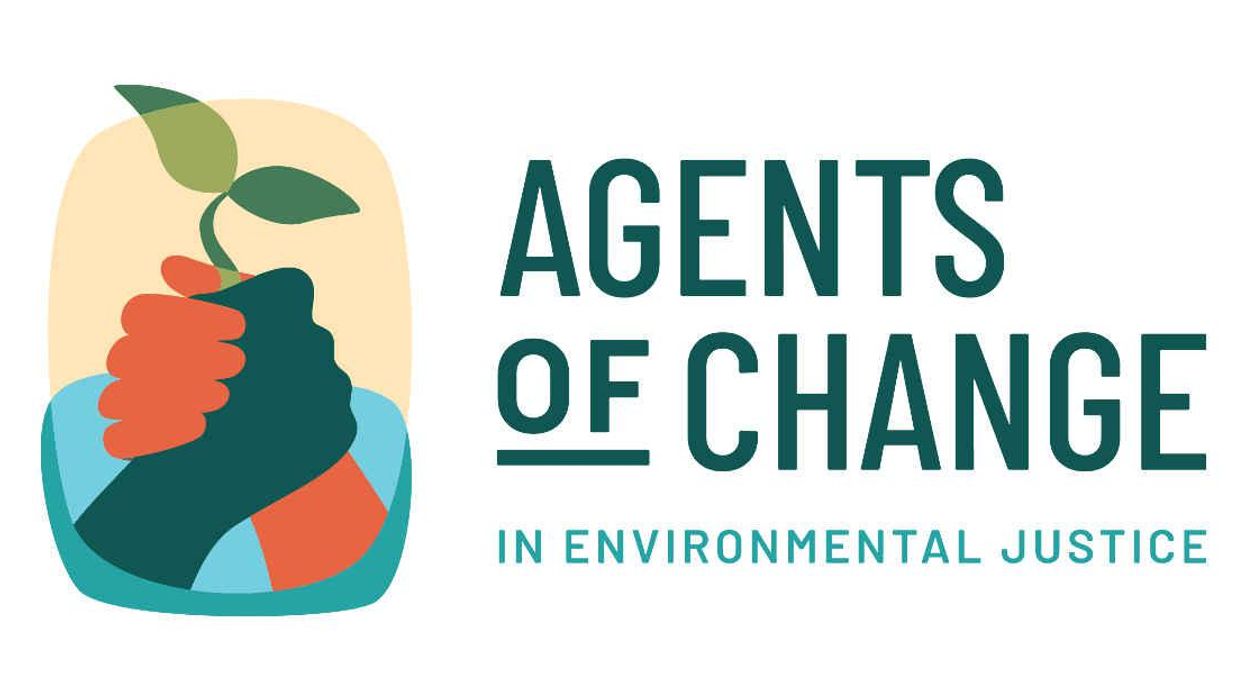
Enjoli Hall joins the Agents of Change in Environmental Justice podcast to discuss how she’s using urban planning to advocate for neglected communities.
Hall, a Ph.D. student in urban planning at the Massachusetts Institute of Technology and a senior Agents of Change fellow, talks about finding hope in political activism, the importance of community organizing, and her passion for the city of Buffalo.
The Agents of Change in Environmental Justice podcast is a biweekly podcast featuring the stories and big ideas from past and present fellows, as well as others in the field. You can see all of the past episodes here.
Listen below to our discussion with Edwards, and subscribe to the podcast at iTunes, Spotify, or Stitcher.





